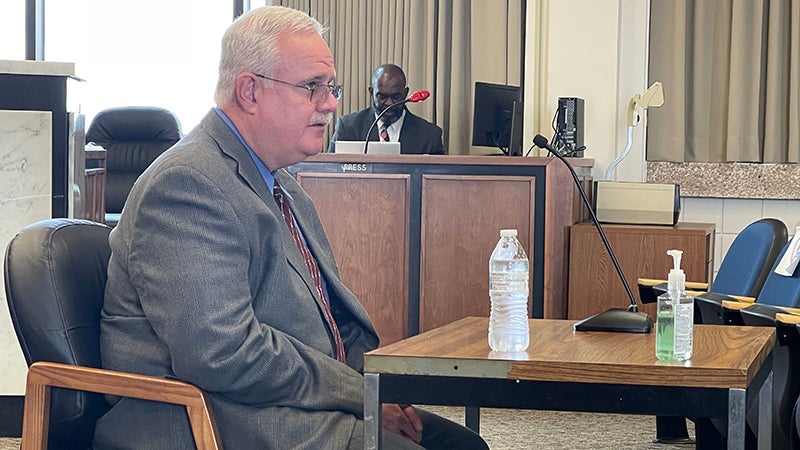Lawyer: Tenants of flooded rentals have rights
Published 12:30 am Sunday, September 3, 2017
On Friday, homes and apartments across Port Arthur finally drained of floodwaters.
It was also the first of the month. Rent was due.
Many renters may not feel inclined to pay rent on a property that is uninhabitable or only partially habitable and one attorney who specializes in real estate and rental law said tenants may not have to.
According to Robert Doggett, an attorney with Texas RioGrande Legal Aid, Texas’ renters’ law allows tenants to negotiate for reduced—or free—rents if their home is uninhabitable.
Doggett said Texas law allows home owners to make insurance claims for whatever damage is done to the homes they rent out and it also allows a landlord to avoid repairing anything until the insurance money comes.
Such a delay could take weeks or months, meaning homes with water damage could be rendered uninhabitable due to mold.
But, he pointed out in an interview, Texas law also allows tenants to walk out of the leases or negotiate a lower rate until the home is fixed up—meaning no one should be forced to live in a dangerous house or apartment.
“If someone is in a property right now that’s partially unusable and they want to continue to live there then the first thing I would do is attempt to negotiate something with the landlord that is fair and agreeable and sign and date it. Because that agreement is modifying the original contract,” Doggett explained. “If the landlord is not being reasonable then the tenant should consider filing a case in county or district court.”
Texas’ property code says, “If after a casualty loss the rental premises are partially unusable for residential purposes and if the casualty loss is not caused by the negligence or fault of the tenant, a member of the tenant’s family, or a guest or invitee of the tenant, the tenant is entitled to reduction in the rent in an amount proportionate to the extent the premises are unusable because of the casualty, but only on judgment of a county or district court.”
But, of course, not all landlords will agree to a reduction in rent. And not all tenants can afford to take their landlord to court.
Even so, all is not lost, Doggett said.
If landlord abuse is widespread, Texas law also allows an entire municipality to negotiate on behalf of all residents should much of the community face a disaster, such as a flood, Doggett said.
“The city does have the ability to negotiate on behalf of all the tenants,” he said. Doggett said the city could determine a proper rent property by property or by census tract or some other method. But, either way, he said Texas law is clear that if rent abuse occurs after a crisis, a city can step in an do the right thing.
This particular provision is in the Texas Local Government Code, which says in part, “The governing body of a municipality may, by ordinance, establish rent control if the governing body finds that a housing emergency exists due to a disaster … and the governor approves the ordinance.”
This means full rent would not have to be due, late fees could be stopped and federal agencies would be prohibited to foreclose within the disaster area and loan services would have to waive late fees.
So far, the city of Port Arthur has made no move to enforce any rent control.
Therefore, unless a renter has negotiated something with the landlord, Doggett said that despite the damages, it is probably best to pay this month’s rent.
“The bottom line is, if you haven’t reached an agreement and you intend to stay there and you haven’t gotten an order from a judge, then in order to prevent an eviction, you need to pay the full amount of the rent,” he said.
To find out more, Doggett said anyone could access the Texas RioGrande Legal Aid website, www.trla.org and get more information about disaster relief. There is information in English and in Spanish.
“Right now were in the process of recording some videos on these same subjects,” he added.





